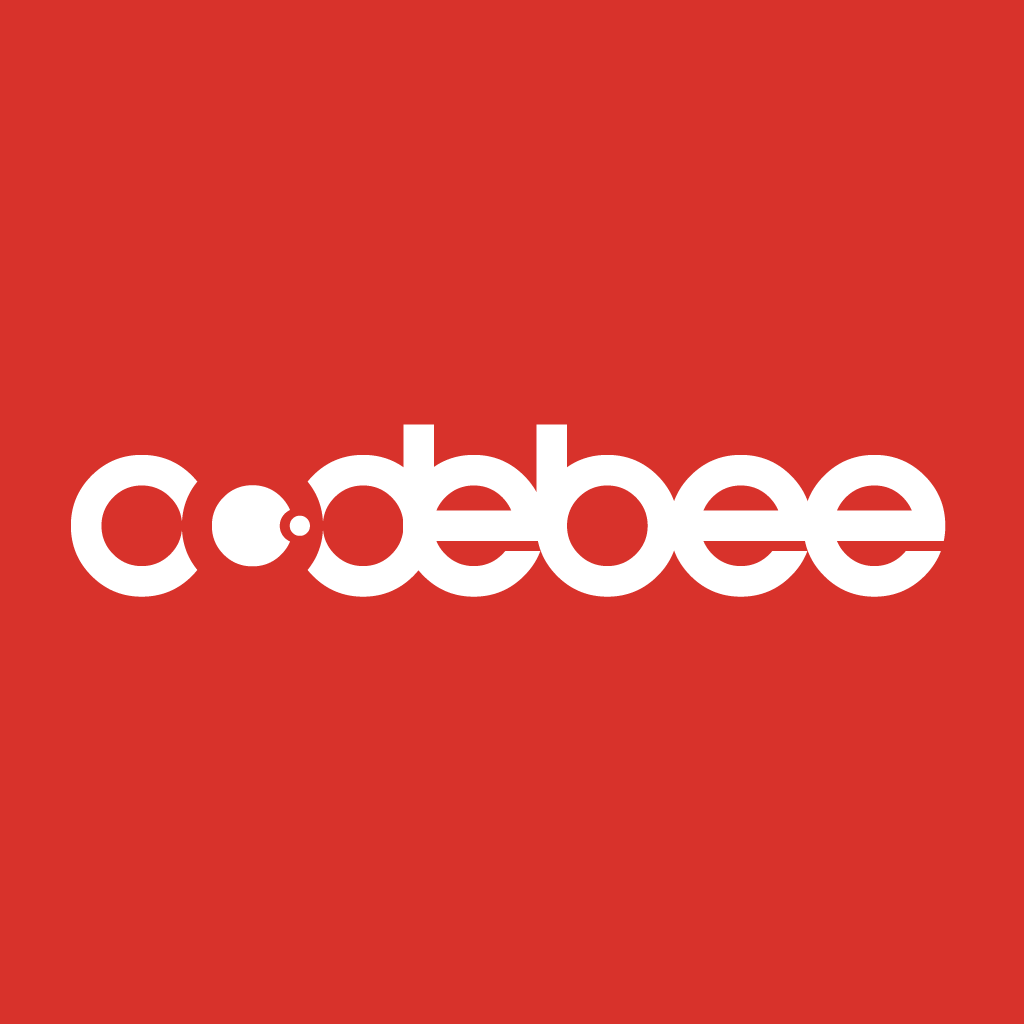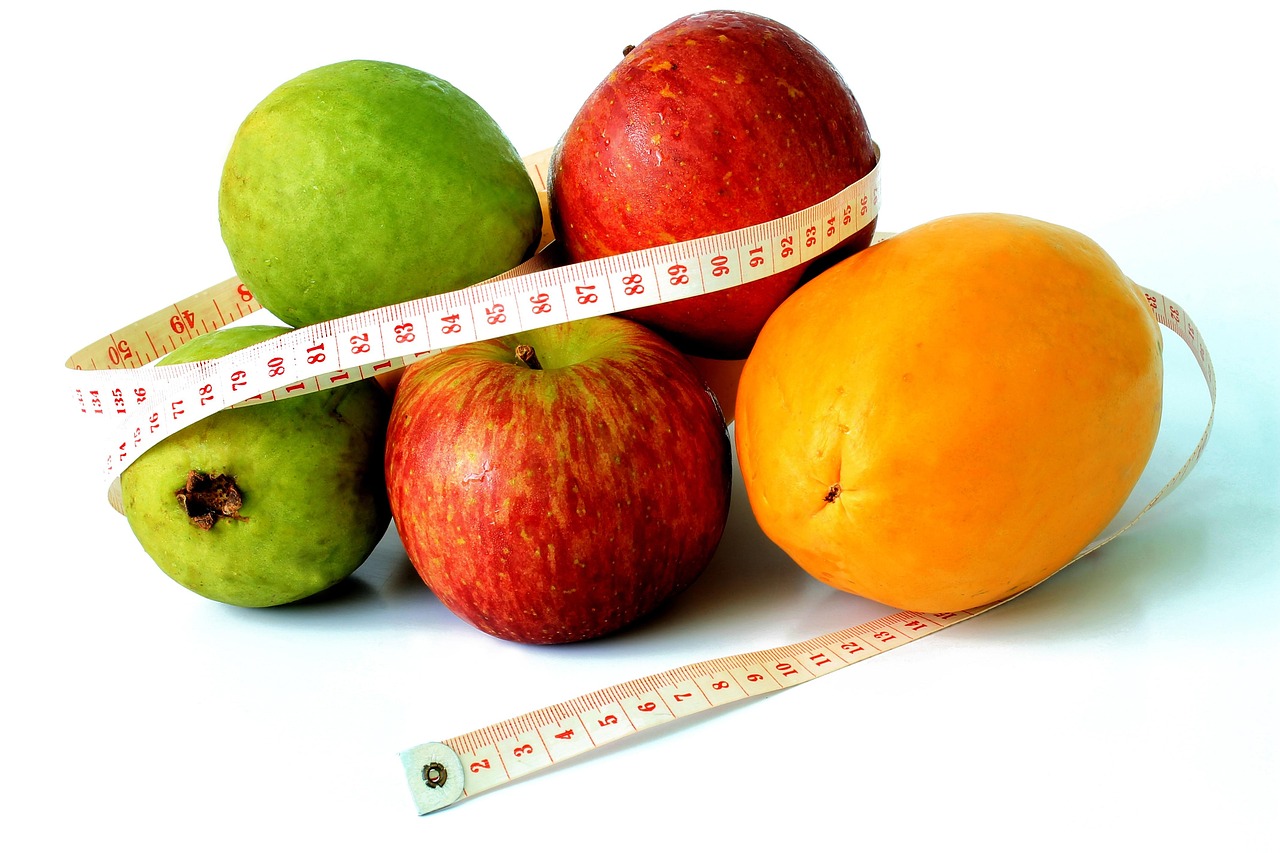TSV to JSON refers to the process or tool that converts data from TSV (Tab-Separated Values) format into JSON (JavaScript Object Notation) format. This conversion is useful for transforming tabular data stored in TSV format into a hierarchical, key-value pair structure used in JSON.
What is TSV?
TSV (Tab-Separated Values) is a file format used for storing data in a tabular form, where each row represents a record and each field (or column) is separated by a tab character (\t). TSV files are very similar to CSV (Comma-Separated Values) files, but the difference lies in the delimiter used: TSV uses tabs, while CSV uses commas.
What is JSON?
JSON (JavaScript Object Notation) is a lightweight data-interchange format that uses a simple key-value pair structure. It is human-readable and is widely used for transmitting data between a server and a client in web applications, APIs, and other data-driven systems. JSON supports nested objects and arrays, allowing complex structures to be represented.
TSV to JSON Conversion:
Converting TSV to JSON involves transforming each row in the TSV file into a JSON object, where the fields (columns) in each row are mapped to key-value pairs in the JSON object. The column headers (if present) are typically used as the keys for the JSON objects.
Example:
TSV Format:
JSON Format (after conversion):
In this example, each row of the TSV file becomes an object in a JSON array, where each field in the TSV corresponds to a key-value pair in the JSON object.
Key Features of a TSV to JSON Converter:
-
Tabular to Hierarchical Conversion:
- TSV data is inherently tabular, and the conversion process transforms this data into a hierarchical JSON structure, making it easier to work with in modern web applications or APIs.
-
Handling Column Headers:
- If the TSV file includes column headers, these headers are typically used as the keys for the corresponding values in each row. If the TSV file lacks headers, the converter might either generate default keys or require the user to specify them.
-
Data Integrity:
- The converter ensures that the data is accurately transformed, with each field being assigned to the correct key in the JSON object.
-
Customizable Output:
- Some converters allow you to specify which columns should be included in the JSON output, or to customize the key naming conventions.
-
Batch Conversion:
- Some tools support batch conversion, allowing you to convert large TSV files or multiple TSV files into JSON format simultaneously.
Use Cases for TSV to JSON Conversion:
-
Data Processing:
- Converting TSV data into JSON is useful for processing data in modern web applications, APIs, and databases, which typically work with JSON data.
-
Integration with APIs:
- Many APIs expect JSON data. Converting TSV data to JSON allows you to send data to APIs or integrate with systems that require JSON format.
-
Data Storage:
- JSON is commonly used for data storage in databases like MongoDB or for configuration files. Converting TSV to JSON allows you to store tabular data in a more flexible, hierarchical format.
-
Data Exchange:
- TSV is often used for storing simple tabular data, while JSON is used in more complex systems or applications. Converting TSV to JSON makes it easier to exchange data between these systems.
-
Data Analysis:
- JSON is widely used in data analysis tools and environments (e.g., Python with Pandas, R, JavaScript). Converting TSV data to JSON allows data scientists and analysts to work with the data more efficiently.
How a TSV to JSON Converter Works:
-
Input:
- You provide the TSV data either by pasting it into the tool or uploading a TSV file.
-
Process:
- The converter reads the TSV file, uses the column headers as keys, and converts each row into a JSON object with those keys and corresponding values.
-
Output:
- The converter generates a JSON representation of the TSV data, which you can download or copy for use in other applications or systems.
Why Convert TSV to JSON?
-
Structured Data:
- JSON is a more flexible and structured format that supports hierarchical data, arrays, and nested objects, which makes it better suited for complex data processing and API integration.
-
Interoperability:
- Many modern systems, web applications, and APIs use JSON as their primary data format. Converting TSV to JSON allows for seamless integration with these systems.
-
Data Flexibility:
- JSON can easily accommodate changes in the data structure, such as adding new fields or nested data, whereas TSV is a simpler, flat format with limited flexibility.
-
Enhanced Readability:
- JSON provides a more readable format for human consumption, especially when working with nested or hierarchical data, compared to TSV's simpler, flat structure.
-
API and Web Services:
- Most web services and APIs (such as RESTful APIs) use JSON for data exchange, so converting TSV to JSON allows you to send and receive data using these services.
Conclusion:
A TSV to JSON Converter helps transform simple, tabular TSV data into a more flexible, structured JSON format. This conversion is valuable for modern web applications, data exchange, integration with APIs, and enhancing data processing workflows.
Would you like help converting TSV data to JSON, or need more details on a tool to do this?













